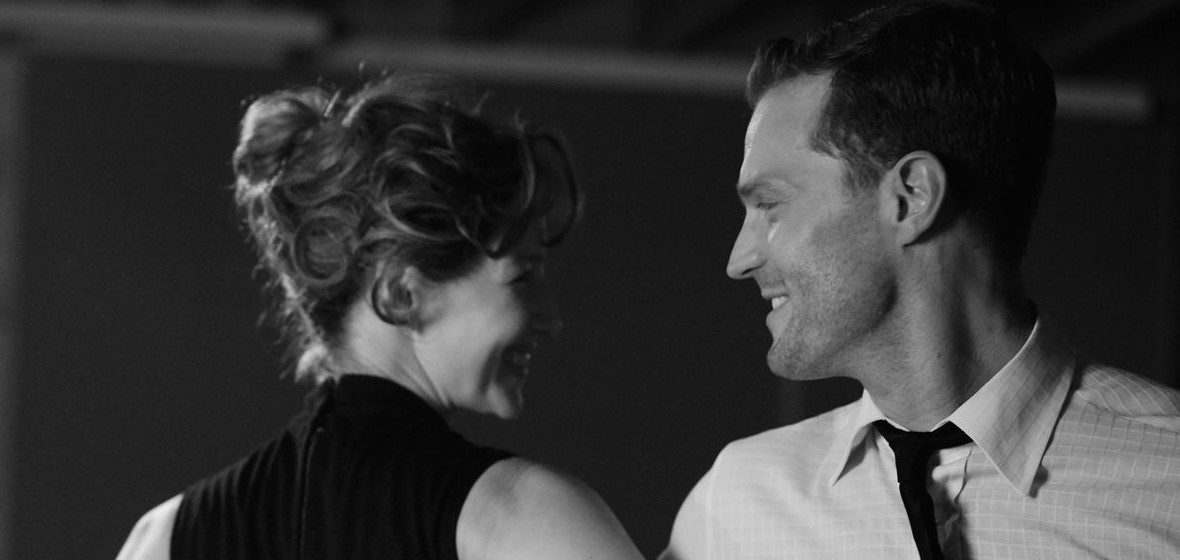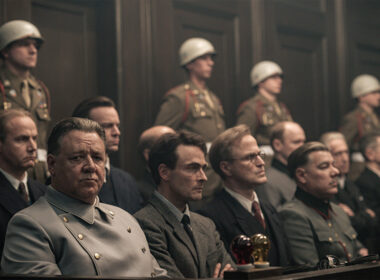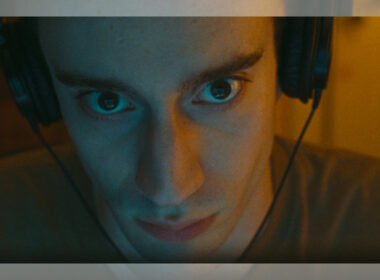Rating: ****
It would be in terrible faith to give Belfast a poor review. When an artist brings to life a tale so important to him, it feels like only he could tell it. If Godard said cinema is truth at 24 frames per second, then we are in the realm of cinema at its most pure, for better or worse.
I imagine Kenneth Branagh toying with the idea of making a film about his childhood during The Troubles. A daunting task by itself: how do you even make justice to a story so personal and yet so universal? Then one day, he caught Alfonso Cuarón’s masterpiece Roma, and something lit in the Northern Irishman’s head. The political upheaval rests in the background, for in the eyes of a child, it’s nothing but.
So here we go again in black and white, on a trip down the memory lane of an artist trying to reclaim his past. Branagh is not as good a director as Cuarón is. His Shakespearean background took a turn in the second half of his career to Disney-blockbuster mercenary (Thor, Artemis Fowl). The man who once promised to be the new Oliver Reed turned into the new Robert Zemeckis. And that’s fine, Belfast is a film that only demands emotional sincerity, and that is precisely what Oliver and Robert would’ve taught him. Not that Branagh is a lousy director – far from it – and in here, he goes out of his way to push the boundaries of his artistic posture. Shots are framed beautifully, almost dramatically, even if the story doesn’t ask for it. There’s little expertise in here but enough passion for sparing.
The story is about Buddy (Judy Hill) and his Protestant family. There’s Ma (Catríona Balfe), Pa (Jamie Dornan), Granny (Judy Dench), Pop (Ciáran Hinds) and the brother Will (Lewis McAskie). An angry mob attacks their usually peaceful street in the beginning. The film purposely takes its time to tell us whose side they are on, so by the time we know, it’s already too late, and any preconceived notions we may have of “the kind of people who would do this” is thrown out the window. The event leads the little street to be blocked from the rest of the city by an inconvenient military checkpoint and renders the block an image of the city of Belfast itself. A place where both religions, and other immigrants, live together in peace.
The plot is a collection of episodes about everyday life under these circumstances. People still gossip about their neighbours, go dancing, go to the cinema, sit down to watch Star Trek. For a child, that matters, but children we are not, so the film lets us spend time enough with the adults as they discuss plans for the future (leave Northern Ireland or stay? Join a faction or remain neutral?l) and nuances of a conflict too complicated for the young. But it’s through the eyes of Buddy that Belfast shines. Impressionably young, he follows the local girl Moira (Lara McDonnell), the bad influence every child deserves. In one scene, they try to steal chocolates from the local shop, and in one of the best moments, they end up taking part in the looting of a supermarket. Confused, Buddy takes a box of laundry detergent that Ma forces him to take it back to the shop, in the middle of a riot and all.
There are little charming details, like the two times Buddy goes to the theatre, once for a pantomime and then to see The Man Who Shot Liberty Valance. Branagh, in complete adulation, adds colour to both stage and screen, reflected in the eyes of a flabbergasted Buddy in a moment that would’ve been so corny if it wasn’t so earnest.
Every scene with Dench and Hinds is a delight, and I would watch these two sharing a pint with the grandmother of Minari all day. Balfe is tremendous as the most conflicting character of all, divided between protecting her family and the loss of deserting her place for safer shores. Dornan is an odd casting choice and, unfortunately, doesn’t live up to everyone else’s level. A particular scene with him and Balfe shows just how big the chasm between the actors is.
Branagh’s love letter to a city doesn’t even show its landmarks. We only see what’s outside Buddy’s street through aerial shots of the Belfast Harbour in all its industrial glory. And therein is Belfast’s strength, as a film working to reclaim a damaged place back for those who left and those who stayed. The soundtrack, composed of classic songs from Van Morrison (who else?), is the perfect conduit for a film that knows its humane agenda. And like he sang: “When people understand what I mean there’ll be days like this / When you ring out the changes of how everything is / Well my mama told me there’d be days like this.” And who am I to say otherwise?
Like movies? LSJ has five double passes to Drive My Car, in cinemas from 10 February. Described by critics as “engrossing” and “exalting”, the film follows Yūsuke Kafuku (Hidetoshi Nishijima) as he grapples with the death of his wife Oto. To enter, send your postal address with the subject line “Drive My Car” to filmoffers@lawsociety.com.au by February 11. Visit lawsociety.com.au/lsjgiveawayterms for terms and conditions.




